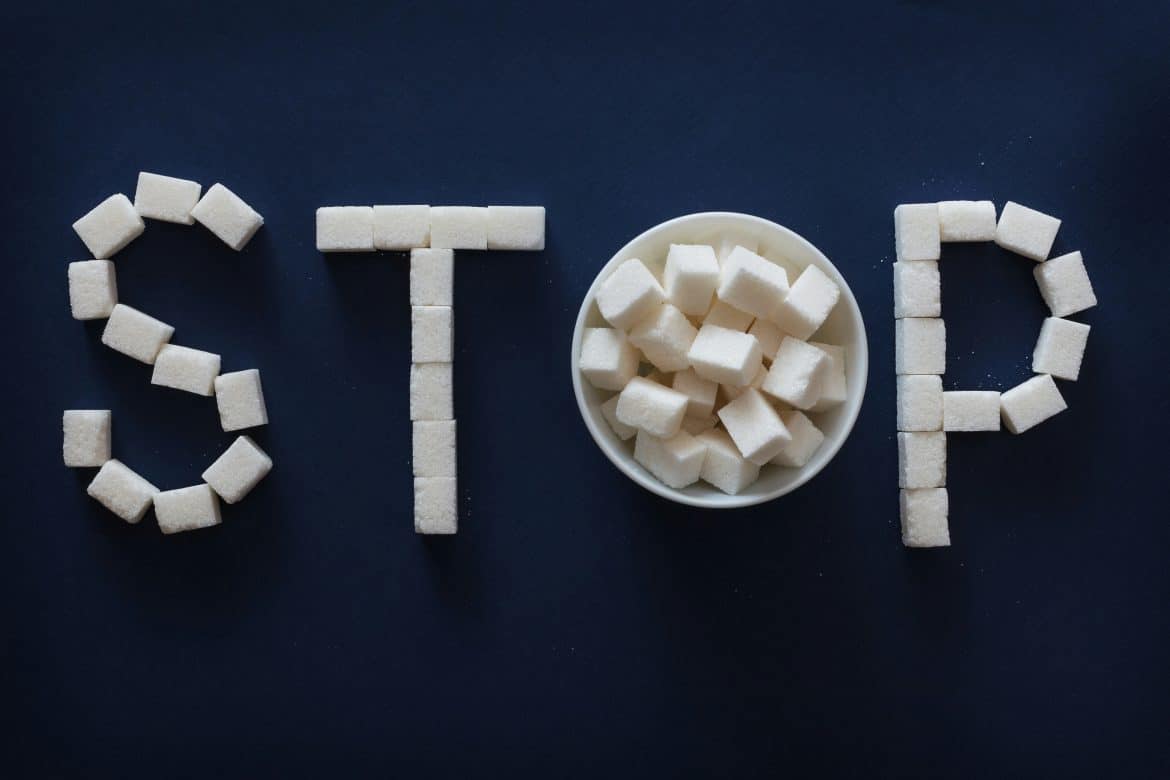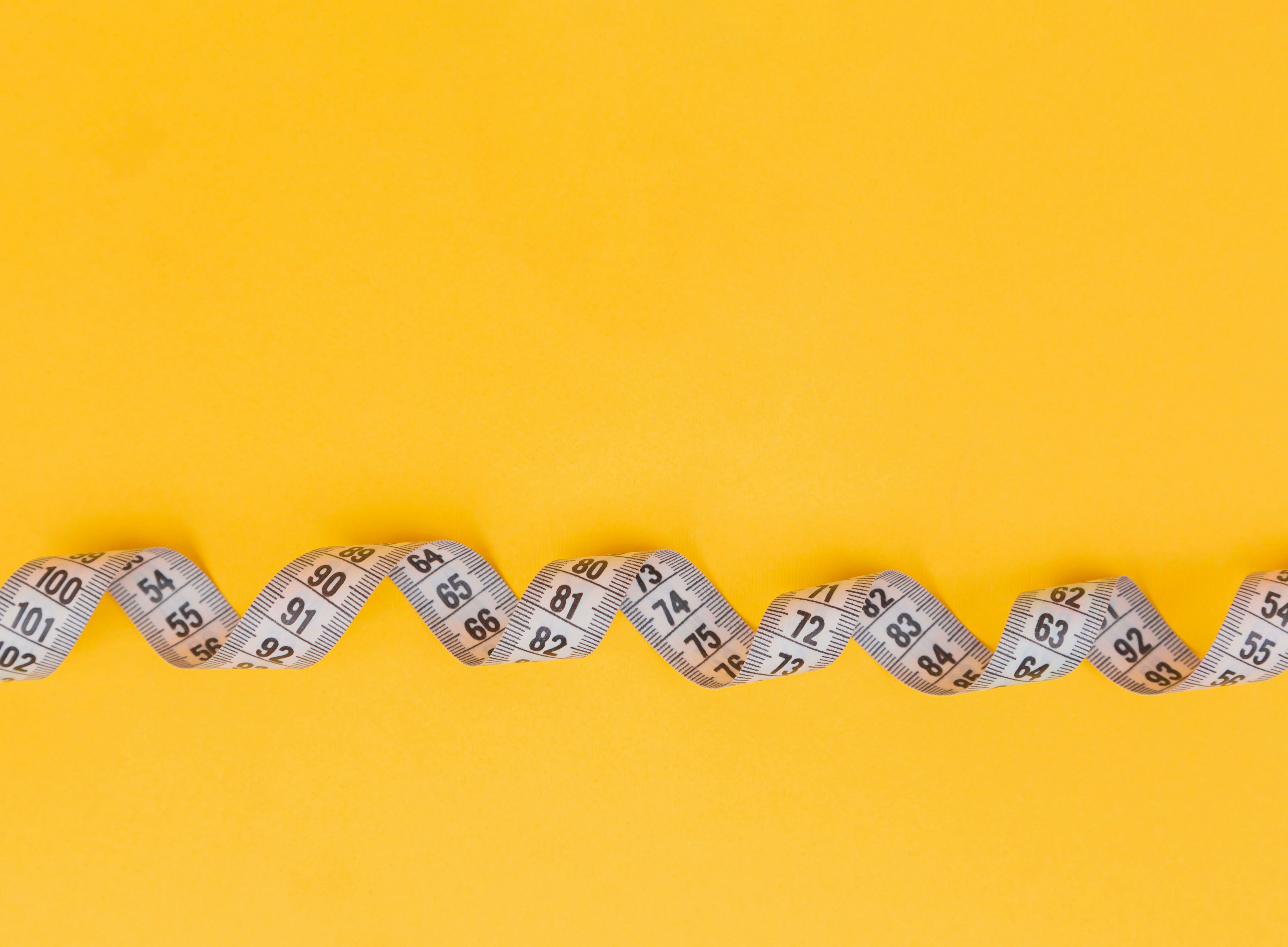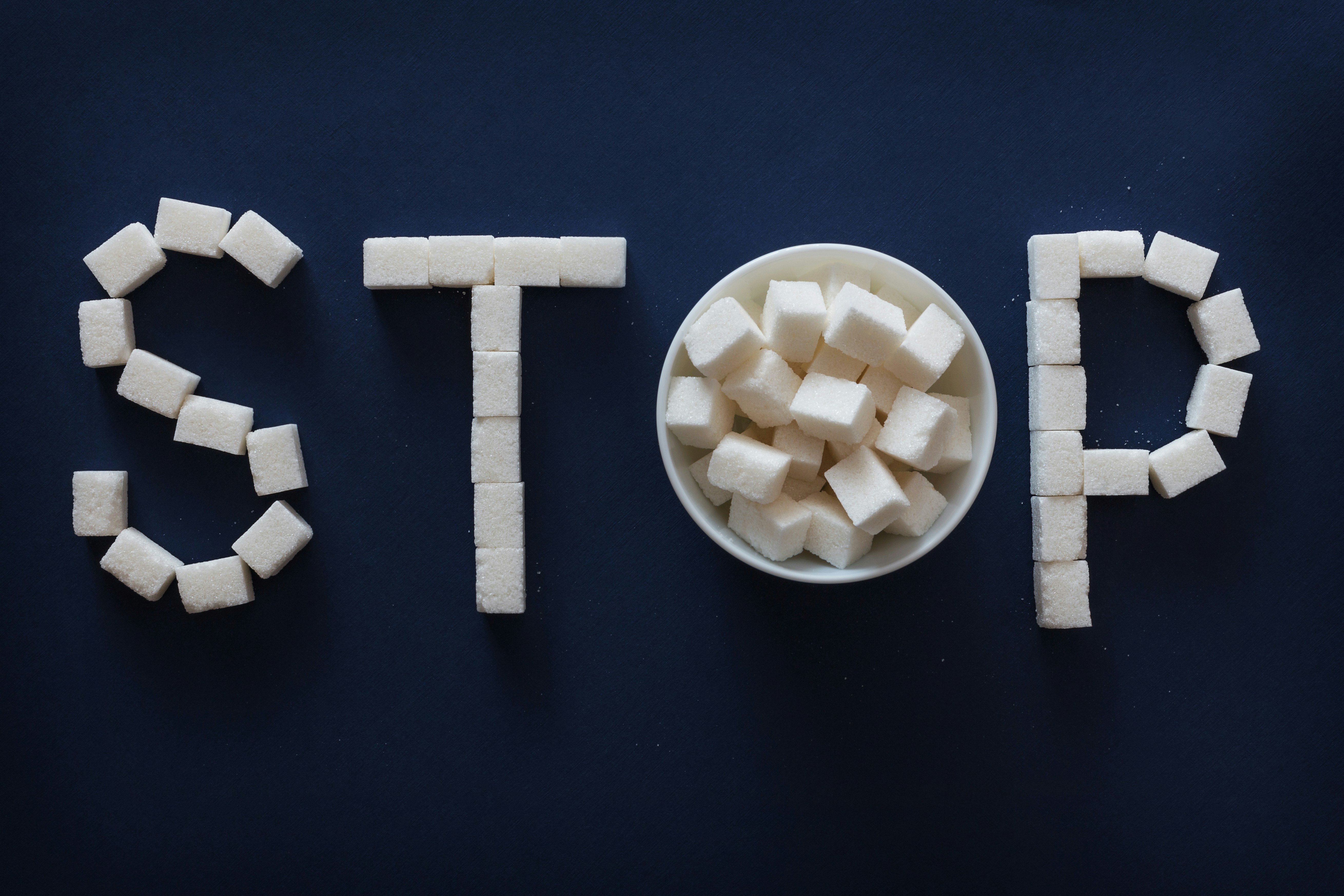Have you ever found yourself snacking on a bag of salt and vinegar chips, only to have your furry friend giving you those irresistible puppy eyes, begging for a taste? As a responsible pet owner, it's important to know what foods are safe for your dog to eat. In this article, we will explore the topic of salt and vinegar chips and whether it's safe to share this tangy treat with your canine companion. So, sit back, relax, and let's find out if your four-legged friend can indulge in some salty goodness!
This image is property of images.unsplash.com.
Health risks of salt and vinegar chips for dogs
Salt and vinegar chips may be a popular snack for humans, but they can pose serious health risks for dogs. It is important to understand the dangers of excessive sodium intake and the negative effects that vinegar can have on our furry friends.
The dangers of excessive sodium intake
One of the primary concerns with salt and vinegar chips is the high sodium content. Dogs have different dietary needs compared to humans, and excessive sodium intake can have detrimental effects on their health. Too much sodium can lead to dehydration, electrolyte imbalances, and increased blood pressure, which can put strain on the dog's heart and kidneys.
The negative effects of vinegar on dogs
While vinegar can be a harmless ingredient in small quantities, it can have negative impacts on dogs when consumed in large amounts. The acidity of vinegar can irritate the lining of a dog's stomach and intestines, potentially leading to gastrointestinal upset and discomfort. Additionally, vinegar can also interfere with the normal pH balance of a dog's skin, potentially causing skin irritation or even chemical burns.
Can dogs eat salt and vinegar chips?
It is strongly advised not to feed salt and vinegar chips to dogs. While some dogs may be curious and attempt to eat these chips, it is crucial to discourage this behavior due to the potential consequences it can have on their health.
The likelihood of dogs eating salt and vinegar chips
Although dogs may be tempted to eat salt and vinegar chips, the responsibility lies on us as pet owners to ensure that these snacks are kept out of their reach. Dogs have a keen sense of smell, and the aroma of these chips may be enticing to them. When it comes to their safety, it's important to be proactive in preventing their access to salt and vinegar chips.
The potential consequences of dogs consuming salt and vinegar chips
If a dog consumes salt and vinegar chips, they may experience a range of symptoms and health issues. These can include digestive distress, dehydration, excessive thirst, nervous system issues, and even kidney damage. It is crucial to understand these potential consequences and take immediate action if your dog has ingested these chips.
Symptoms of salt and vinegar chip ingestion in dogs
If your dog has managed to consume salt and vinegar chips, there are several symptoms you should be aware of that may indicate a problem.
Digestive distress
One of the most common symptoms of salt and vinegar chip ingestion is digestive distress. This can manifest as vomiting, diarrhea, or an upset stomach. If you notice any of these signs in your dog, it is important to seek veterinary care as soon as possible.
Dehydration and excessive thirst
Due to the high sodium content in salt and vinegar chips, dogs can become dehydrated more quickly. If you notice that your dog is drinking excessively or seems excessively thirsty after consuming these chips, it could be a sign of dehydration. Providing access to fresh water and contacting your veterinarian should be your immediate course of action.
Nervous system issues
Ingesting large quantities of sodium can have an impact on a dog's nervous system. This can result in symptoms such as confusion, disorientation, tremors, and even seizures. If you observe any of these signs, it is crucial to seek emergency veterinary care.
Kidney damage
The kidneys play a vital role in filtering toxins from the body, and excessive sodium intake can put strain on them. If a dog consumes salt and vinegar chips regularly or in large quantities, it can lead to kidney damage. Signs of kidney issues may include increased thirst, decreased appetite, vomiting, and changes in urination patterns. It is important to get your dog to a veterinarian for a thorough examination if you suspect kidney damage.
Treatment options for dogs that have eaten salt and vinegar chips
If you discover that your dog has ingested salt and vinegar chips, it is crucial to take prompt action to mitigate any potential harm.
Contact your veterinarian
The first step is to contact your veterinarian for guidance. They will be able to assess the situation and provide specific advice based on your dog's individual needs and circumstances. It is important to be prepared with information such as the quantity of chips consumed, the dog's weight, and any observed symptoms.
Induce vomiting
In some cases, inducing vomiting may be necessary to remove the chips from the dog's stomach. It is important to follow your veterinarian's instructions carefully when attempting to induce vomiting, as incorrect administration can cause further harm. Do not attempt to induce vomiting without proper guidance from a veterinary professional.
Administer activated charcoal
Activated charcoal can be used as a treatment to help absorb toxins and prevent their absorption into the dog's bloodstream. Your veterinarian may recommend administering activated charcoal to your dog if they have ingested salt and vinegar chips. It is crucial to follow their instructions on dosage and administration.
Provide supportive care
After receiving guidance from your veterinarian, it may be necessary to provide supportive care to your dog. This may include monitoring their hydration levels, providing a bland diet to help soothe their digestive system, and ensuring they are in a stress-free environment during their recovery.
This image is property of images.unsplash.com.
Alternatives to salt and vinegar chips for dogs
While salt and vinegar chips are not suitable for dogs, there are plenty of safe and healthy snack options that you can offer to your canine companion.
Safe and healthy snack options
Opt for snacks that are specifically made for dogs, such as dental chews, freeze-dried meats, or vegetable-based treats. These options are designed to meet the nutritional needs of dogs while providing a tasty and safe alternative to salt and vinegar chips. Always check the ingredients and consult with your veterinarian to ensure that the snacks are appropriate for your dog's dietary requirements.
Homemade dog treats
If you prefer to have more control over the ingredients, consider making homemade dog treats. There are countless recipes available online that use dog-friendly ingredients like peanut butter, pumpkin, or lean meats. By making your own treats, you can ensure that your dog is getting a snack that is both tasty and nutritious.
Preventing dogs from accessing salt and vinegar chips
To avoid potential health risks, it is essential to take preventative measures to keep salt and vinegar chips out of your dog's reach.
Secure food storage
Make sure to store snacks, including salt and vinegar chips, in secure containers or cabinets that are not accessible to your dog. Dogs are notorious for their ability to get into places they shouldn't, so take precautions to ensure that your furry friend cannot access these potentially harmful treats.
Educate family members and guests
It's not just about keeping the chips out of your dog's reach; it's also crucial to educate family members and guests about the dangers of feeding salt and vinegar chips to dogs. Sometimes, people may unknowingly offer these snacks to dogs, thinking they are harmless. By informing others about the risks, you can help protect your dog from any accidental ingestion.
Avoid sharing human snacks with dogs
It can be tempting to share our favorite treats with our four-legged companions, but it is important to remember that dogs have specific dietary needs. Avoid sharing your own snacks, including salt and vinegar chips, with your dog. Stick to treats that are specifically made for dogs and approved by your veterinarian.
This image is property of images.unsplash.com.
The importance of a balanced diet for dogs
A balanced and appropriate diet is crucial for the overall health and well-being of our canine companions. Providing the right nutrition can help prevent a variety of health issues and ensure that our dogs lead happy and healthy lives.
Optimal nutrition for dogs
Dogs require a variety of nutrients to thrive, including proteins, fats, carbohydrates, vitamins, minerals, and water. Each of these components plays a vital role in supporting their bodily functions and maintaining their overall health. It is important to provide a well-balanced diet that meets their individual needs.
Consulting a veterinarian for diet recommendations
To ensure that your dog is receiving the appropriate nutrition, it is advisable to consult with a veterinarian. They can provide guidance on the best diet options for your specific dog, taking into consideration factors such as age, breed, size, and any underlying health conditions. A veterinarian will be able to recommend a diet plan that meets your dog's individual needs.
Understanding the specific dietary needs of dogs
To provide optimal nutrition for your dog, it is essential to understand their specific dietary requirements.
Protein requirements
Protein is a crucial component of a dog's diet as it supports muscle development, tissue repair, and overall growth. Dogs require a source of high-quality protein, such as lean meats or fish, to meet their protein needs.
Fat requirements
Fat is an important energy source for dogs and also plays a role in maintaining healthy skin and coat. It is essential to provide dogs with a balanced amount of healthy fats, such as those found in fish oil or chicken fat, to support their overall health.
Carbohydrate requirements
While dogs are primarily meat-eaters, carbohydrates can still provide valuable energy and fiber. Dogs can obtain carbohydrates from sources like vegetables, fruits, and grains, but it is important to ensure that these carbohydrates are easily digestible for dogs.
Vitamin and mineral needs
Vitamins and minerals are essential for various bodily functions, including immune system support and bone health. A well-balanced diet that includes a variety of fruits, vegetables, and quality dog food can provide the necessary vitamins and minerals for dogs.
Water intake
Water is vital for dogs to stay hydrated and maintain proper bodily functions. Always make sure that your dog has access to fresh and clean water throughout the day.
Potential effects of regularly feeding dogs salt and vinegar chips
Feeding salt and vinegar chips or any other inappropriate human snacks to dogs on a regular basis can have long-term effects on their health and well-being.
Weight gain and obesity
Human snacks, including salt and vinegar chips, are often high in calories and unhealthy fats. Regularly feeding these snacks to dogs can lead to weight gain and obesity, which can contribute to various health issues, including joint problems, heart disease, and diabetes.
Nutritional imbalances
Feeding dogs snacks that are not specifically formulated for their dietary needs can lead to nutritional imbalances. Dogs require a specific balance of protein, fats, carbohydrates, vitamins, and minerals to thrive. When these needs are not met, dogs may be at risk of deficiencies or other health complications.
Development of unhealthy snacking habits
Regularly feeding dogs human snacks can lead to the development of unhealthy snacking habits. Dogs who are accustomed to receiving treats whenever their humans are snacking may beg or exhibit behavioral issues when they do not receive these snacks. It is essential to establish healthy snacking habits from the beginning to prevent these issues from arising.
Conclusion
In conclusion, salt and vinegar chips are not safe for dogs to eat. The high sodium content and the potential negative effects of vinegar make them unsuitable for our canine companions. It is crucial to prioritize your dog's health and well-being by offering them safe and healthy snacks that meet their dietary needs. Remember to consult with your veterinarian for specific diet recommendations for your dog, and always keep potentially harmful snacks out of their reach. By providing a balanced and appropriate diet, you can help ensure a long and happy life for your beloved furry friend.





